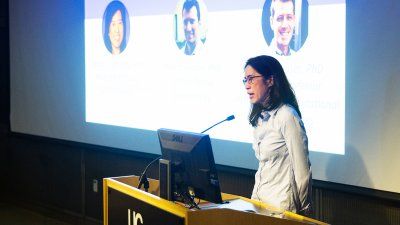University of California San Francisco
Give to UCSF-
-
Solving the Hardest Problems in Health
UCSF: The Campaign is taking on the world’s most complex health challenges, powered by an exceptional community of mavericks, innovators, and advocates. Together we will make the Bay Area and our world healthier for all.
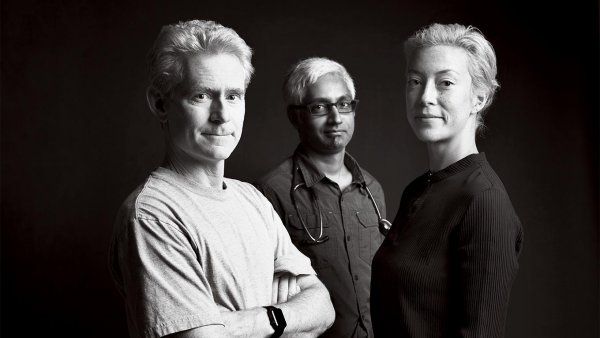
-
DNA Annotations Predict Patient Outcomes in Childhood Leukemia
UCSF physician-scientists have developed a test that can predict how patients with juvenile myelomonocytic leukemia will respond to treatment.
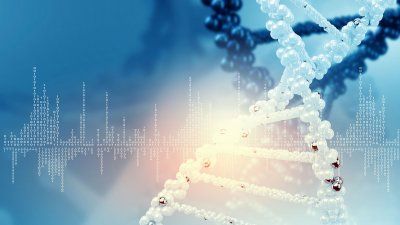
-
Too Many Older Patients Get Cancer Screenings
-
New Immunotherapy for Deadly Childhood Brain Cancer Targets Novel 'Neoantigen'
Children with an extremely deadly form of brain cancer might benefit from a new treatment that aims to direct an immune response against a mutant form of a protein found exclusively on cancer cells.
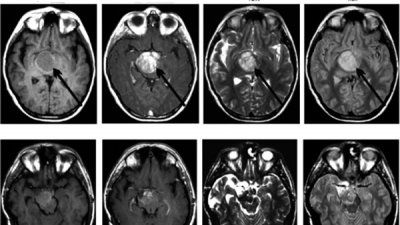
-
Cell Mapping Initiatives Aim to Uncover Hidden Pathways of Disease
UCSF researchers are leading several initiatives that aim to see how dozens of seemingly unrelated genes and proteins involved in a disease are in fact all part the same interconnected biological pathway.
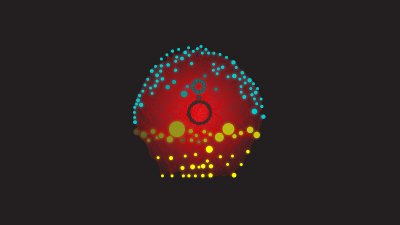
-
Deadly Lung Cancers are Driven by Multiple Genetic Changes
New research finds one of the world’s most deadly forms of lung cancer is driven by changes in multiple different genes.
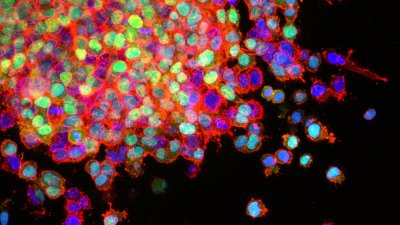
-
Preventing Disease Through Social Media: UCSF Doctor Gets Creative with Health Interventions
Smartphones and emotional crises, social media and tanning beds are seemingly disconnected – but UCSF researcher Eleni Linos has started to make an impact on health by her focus on how technology can influence our behaviors.

-
Survivors of Childhood Leukemia with Down Syndrome Have Unique Health Risks, Benefits
A study challenges the belief that children with Down syndrome are significantly more susceptible to leukemia.

-
UCSF at Dreamforce 2017: Precision Cancer Care and Public Health Tech
One of UCSF’s groundbreaking cancer programs will be prominently featured at the 2017 Dreamforce conference through an interactive exposition and a talk by two researchers.
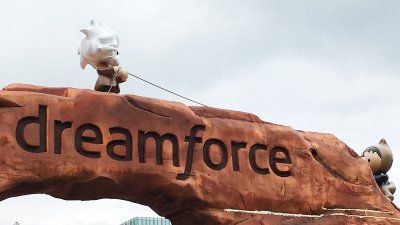
-
Diverse Drug-Resistant Cancer Cells Share a Hidden Weakness
UCSF researchers have discovered a gene vulnerability that could let oncologists wipe out drug-resistant cancers across many different cancer types.
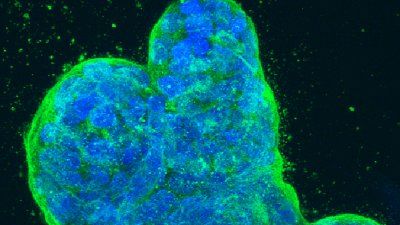
-
MEDIA ADVISORY: Public-Private ATOM Consortium Aims to Cut Preclinical Cancer Drug Discovery from Six Years to One
Scientists from Lawrence Livermore National Laboratory, Frederick National Laboratory for Cancer Research, GSK, and the University of California, San Francisco will hold a briefing to discuss Accelerating Therapeutics for Opportunities in Medicine

-
Big Data Shows How Cancer Interacts with Its Surroundings
UCSF researchers have identified a molecular signature in tissue adjacent to tumors in eight of the most common cancers that suggests they are all using the same mechanism to remodel normal tissue and spread.

-
Researchers to Combat Drug-Resistant Lung Cancer at New NCI-Funded Center at UCSF
The NCI has announced that UCSF will host one of five new Cancer Drug Resistance and Sensitivity Centers being set up around the U.S. through funding from the 21st Century Cures Act of 2016.

-
Two UCSF Scientists Win NIH New Innovator Awards
Two UCSF scientists have been awarded NIH New Innovator Awards, which support unusually innovative research from early career investigators.
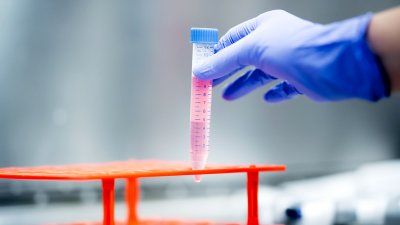
-
I Treated Breast Cancer for Years as a Doctor. Then I Was Diagnosed
-
The big question: Will cancer immune therapy work for me?
-
Egg freezing may not delay chemo for breast cancer patients
-
UCSF First in State to Provide FDA-Approved CAR-T for Pediatric Cancer Patients
UCSF Benioff Children’s Hospital San Francisco has been certified as the first medical center in California to provide CAR-T therapy for children and young adults with acute lymphoblastic leukemia.
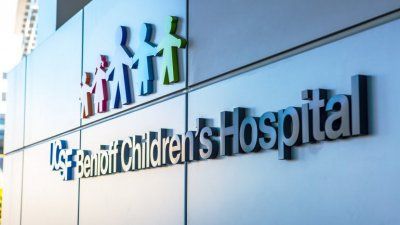
-
UC Cancer Centers Join Forces To Fight One Of California’s Top Killers
-
University of California Cancer Consortium Takes on California’s $14 Billion Killer
The University of California’s five academic cancer centers, have formed a consortium to better address California’s most pressing cancer-related problems and opportunities.
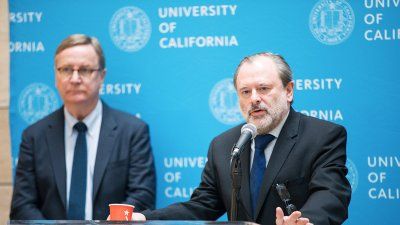
-
Arthur Ablin, pioneering UCSF pediatric oncologist, dies
-
UCSF Cancer Research Ranks Among the World’s Most Impactful, Analysis Shows
UCSF’s Helen Diller Family Comprehensive Cancer Center is consistently among the world's top five institutions producing the most impactful and utilized research.

-
Gut Viruses Tied to Potentially Deadly Complication of Bone Marrow Transplant
A virus hiding quietly in the gut may trigger the onset of a severe complication known as graft-versus-host disease (GvHD) in patients who receive bone marrow transplants.
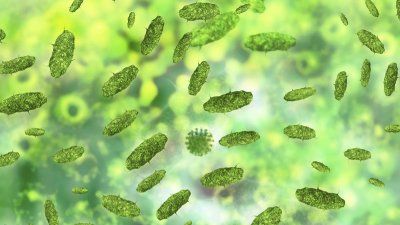
-
Immune-Cell Numbers Predict Response to Combination Immunotherapy in Melanoma
Whether a melanoma patient will better respond to a single immunotherapy drug or two in combination depends on the abundance of certain white blood cells within their tumors, according to a new study.
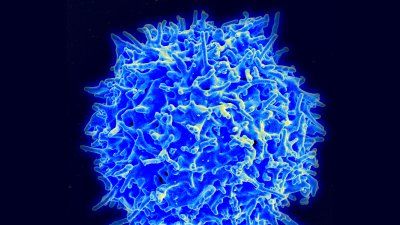
-
San Francisco’s Flavored Tobacco Law Rooted in Years of Research, Advocacy Work
San Francisco recently passed the country’s first outright ban on sales of flavored tobacco. It was supported by more than 15 years’ worth of research and national advocacy work by UCSF’s Valerie Yerger.
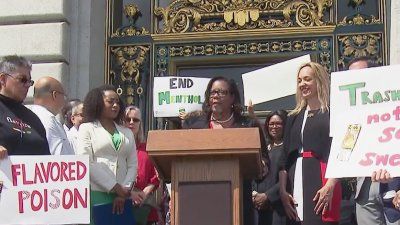
-
Google Searches Could Help Track Cancer Incidence, Mortality
Google search volume across the United States could help fill in the gaps on cancer incidence and mortality data, according to a new study by scientists at UCSF and the University of Pennsylvania.

-
Molecular Test Identifies Breast Cancer Patients with Lowest Risk of Death
A molecular test can pinpoint which patients will have a very low risk of death from breast cancer even 20 years after diagnosis and tumor removal, according to a new clinical study led by UCSF in collaboration with colleagues in Sweden.
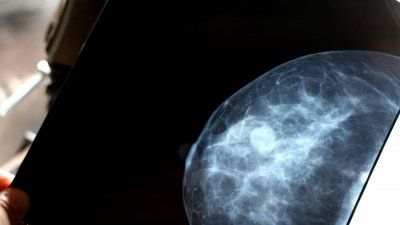
-
UCSF Benioff Children’s Hospitals Shine Among Finest in 9 Specialties in 2017-18 Rankings
UCSF Benioff Children’s Hospitals, with campuses in San Francisco and Oakland, rank among the country’s best in nine specialties, according to U.S. News & World Report’s survey of 187 pediatric hospitals nationwide.

-
Artificial Intelligence Melanoma Detector Wins Cancer Center Impact Grant
A proposal for an artificial intelligence-based skin cancer screening tool has won the 2017 Cancer Center Impact Grant, a $250,000 award to support high-risk, high-reward research projects that are unlikely to be funded by conventional sources.
